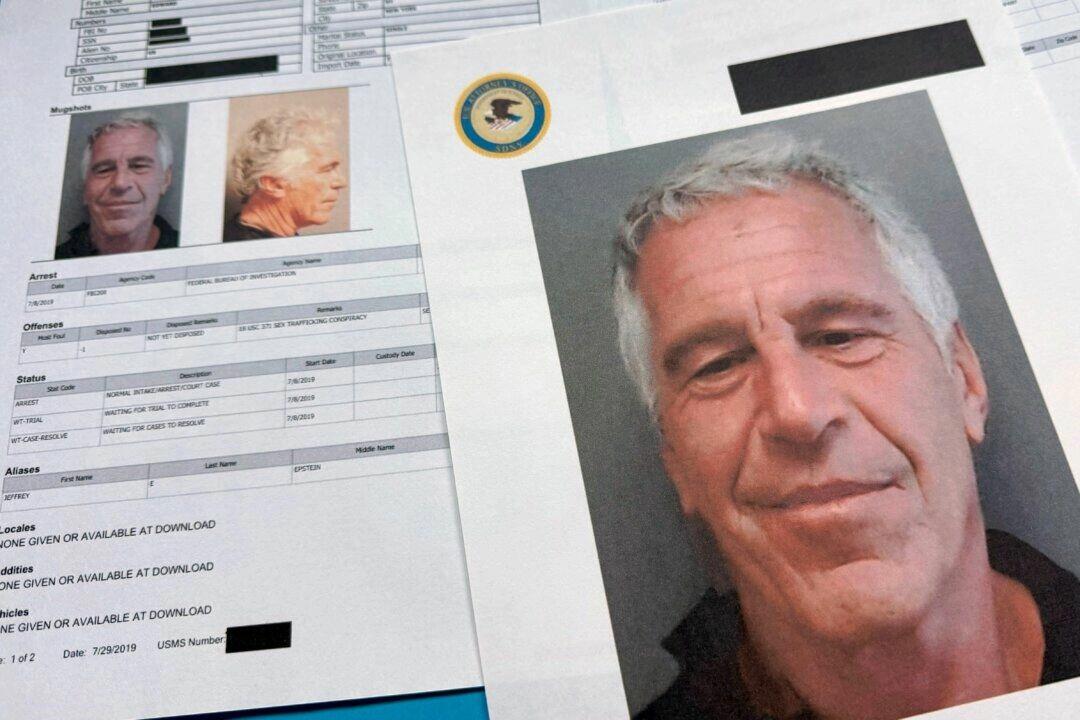As expected, "green" is how Davos expect to import the Chinese Social Credit system to the West. This has been slowly taking shape over the last two years so it is not exactly a "news". (See the article below.)
Three things can and may well derail this plan during the Summer:
1 - The current financial system is on the ropes. Nobody knows when it's going to crash but crash it will. Raising interest rates is actually moving this process forward, especially in Europe. Europe is bankrupt and won't be able to pay for it's energy next Winter. It is just a matter of when exactly people realize this. This could be anytime between now and November. My personal, educated guess, is that this will happen after the FED raises interest rates for the 3rd time in July.
2 - The Biden administration likewise is finished! It actually would be a joke if it wasn't deadly serious. Biden is now so senile that he basically repeats confidential briefings during his outlandish press conferences. "We will defend Taiwan!" "Our plan is to exhaust Russia militarily." Sure, they already know but now they can plan accordingly. It will consequently be provocations after provocations, both in Ukraine and in Taiwan. The Summer will be "hot".
3 - The US elections will need both a crash and the war that follows to take place. Short of that, the Democrats will become hysterical when November comes. Would the Republicans win, Hunter Biden is going to jail, followed by quite a few complicit people and Joe Biden is impeached soon after. As for who replaces him... The "ideal" timing for a war between the US and both Russia and China would
therefore be sometimes in September or October. After the financial
crash and before the elections.
The Davos crowd is adept of the shock doctrine and sees the coming mess as an opportunity to implement it's agenda. Most Western governments are more or less openly bought so everything going "wrong" is paradoxically good.
In this respect, I am optimistic, if that is still an option. Too much "good" may actually quickly turn to bad. At some point, the lack of oil, gas and other natural resources will become acute. Davos believes that a big but limited war will be the opportunity they need to introduce their green agenda and behind it a repressive social credit system. The Europeans are rather apathetic but the lack of everything will quickly waken up rebellious instincts and the "Putin" scapegoat will wear out as the economy flounder.
Authored by Kit Knightly via Off-Guardian.org,
This week, during one of the WEF’s live-streamed panels, Alibaba Holdings President J. Michael Evans claimed that the company is working on an app that could track an individual users carbon footprint.
The former-Goldman Sachs vice-chairman told the audience of the “Strategic Outlook: Responsible Consumption” panel:
"We’re developing, through technology, an ability for consumers to measure their own carbon footprint. What does that mean? That’s where are they travelling, how are they travelling, what are they eating, what are they consuming on our platform. So: An individual carbon footprint tracker.”
Now, to clarify, Evans was only talking about Alibaba’s platform…but that’s a big platform.
The Chinese company is the second-largest e-commerce company in the world after Amazon, with revenues in excess of 715 billion Yuan in 2021 (that’s over 110 billion USD).
And they’re not just an e-commerce platform. Through their financial and technological service companies, Alibaba runs the largest domain name market, email provider and cloud storage services in China, and the largest payment platform in the world.
Through Alihealth they supply online pharmacy services, as well as providing computer technology to hospitals and clinics. Since they bought AutoNavi in 2014, they own the biggest e-map navigation company in China too.
Essentially, in China if you want to pay for something on the internet, you probably use Alibaba. If you want to order something online from a small business, you probably use Alibaba. If you want to sell your stuff second hand, you probably use Alibaba.
If you want to register a domain, go to a pharmacy, check into a hospital, send an email, use a map or GPS…you get the idea.
Alibaba’s computing sector is also a market leader in AI services, being the first payment platform to start using facial recognition technology to confirm payments in 2017.
Other projects on the go include “CityBrain”, an AI designed to scan cities and provide “streamlined” traffic services. Warning of potential accidents as well as making public transport more efficient, a clear move toward “Smart Cities”.
The company also has previous when it comes to “individual carbon footprint” apps. In 2017 their payment platform subsidiary Ant Financial Services was named 6th in Fortune’s “Change the World” list for its Ant Forest app.
According to Fortune, Ant Forest is “the world’s largest platform for tracking individuals’ carbon footprints”, and here’s how it works:
"Users earn points toward planting virtual trees by adopting earth-friendly habits. The company plants a real tree for every 17.9 kg of carbon saved"
They’re incredibly vague on how users “earn” these points, or what exactly these “Earth-friendly habits” are, but it doesn’t take a genius to make some educated guesses.
And while we’ve been focusing on the individual carbon footprint tracker, something else Evans says later in the panel is just as interesting:
"The third thing, we call it “Green Travel”. So, we have within our business something called AMAP – a mapping, think Google Maps or Ways – plus travel destination business. So what we’re going to allow people to do is, first of all, calculate the best and most efficient route and also the most efficient form of transportation. And then, if they take advantage of those recommendations, we’ll give them bonus points which they can redeem elsewhere on our platform. So, they are incentivised to do the right thing, even while they are provided the opportunity to do the wrong thing.”
So let’s put these three facts together. It seems Alibaba currently has apps, either being used or in development, that:
Monitor travel routes and methods and “reward” users for making the “correct choice”.
Can track an individual’s “carbon footprint”, including what they eat and where.
Have users “earn points” for “earth-friendly habits”.
Even individually these functions are worrying enough, but they combine to paint a very concerning picture of the future.
Further, combine that with what we know of the company’s reach through its subsidiaries: Smart Cities, banking, healthcare records, emails, internet activity and more.
How long before Alibaba decides to “reward” other “correct choices” that have nothing to do with the environment? Like vaccination, for example.
How long after that do they start punishing incorrect choices?
They already technically have access to the data they would need to construct this system. It would be naïve in the extreme to not see where this leads.
And, of course, it won’t just be China. If Alibaba is doing this then Google, Amazon, Apple and all the rest of them won’t be far behind.



No comments:
Post a Comment